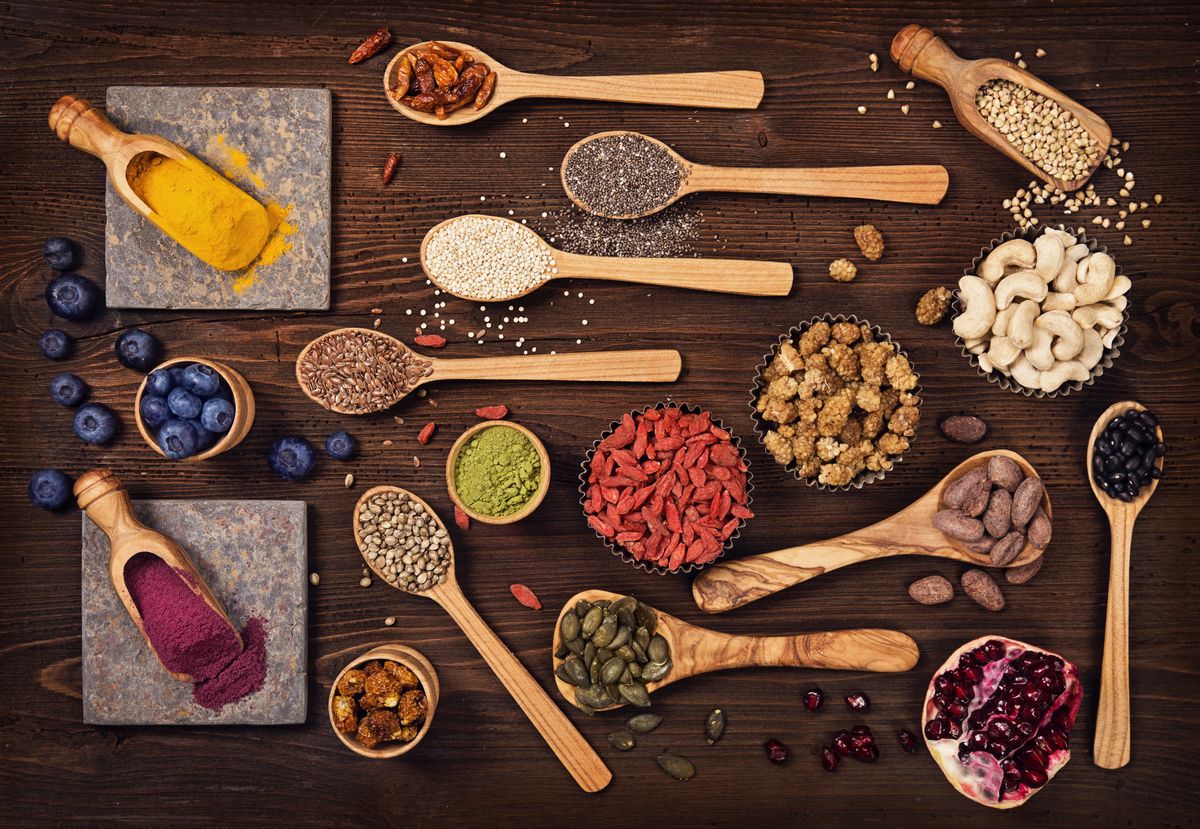Superfood" has become a popular term used to describe foods that offer exceptional health benefits. While there isn't a precise definition for what qualifies as a superfood, there are generally agreed-upon characteristics. Superfoods often contain high levels of antioxidants, fiber, or specific fatty acids that contribute to good health. Despite the term's trendy reputation, there are numerous reasons to take these foods seriously.
It's advisable to prioritize nutrient-dense foods in your daily diet. This ensures that you consume a wide range of essential nutrients, promoting overall health and well-being. Your body requires a variety of nutrients to function optimally, and certain nutrients provide remarkable health advantages. For instance, antioxidants have been shown to reduce the risk of cardiovascular disease, stroke, and some cancers, while also protecting your cells from damage caused by free radicals. Many fruits, vegetables, proteins, grains, nuts, and seeds fall under the category of superfoods. By incorporating a diverse selection of superfoods into your daily meals, you can maximize the benefits for your health. Some can be easily added to your existing dishes, while others can serve as substitutes in your favorite recipes. Here are 10 healthy superfoods that are worth including in your daily diet. And for further guidance on improving your eating habits and taking your lifestyle to the next level.
1) Berries
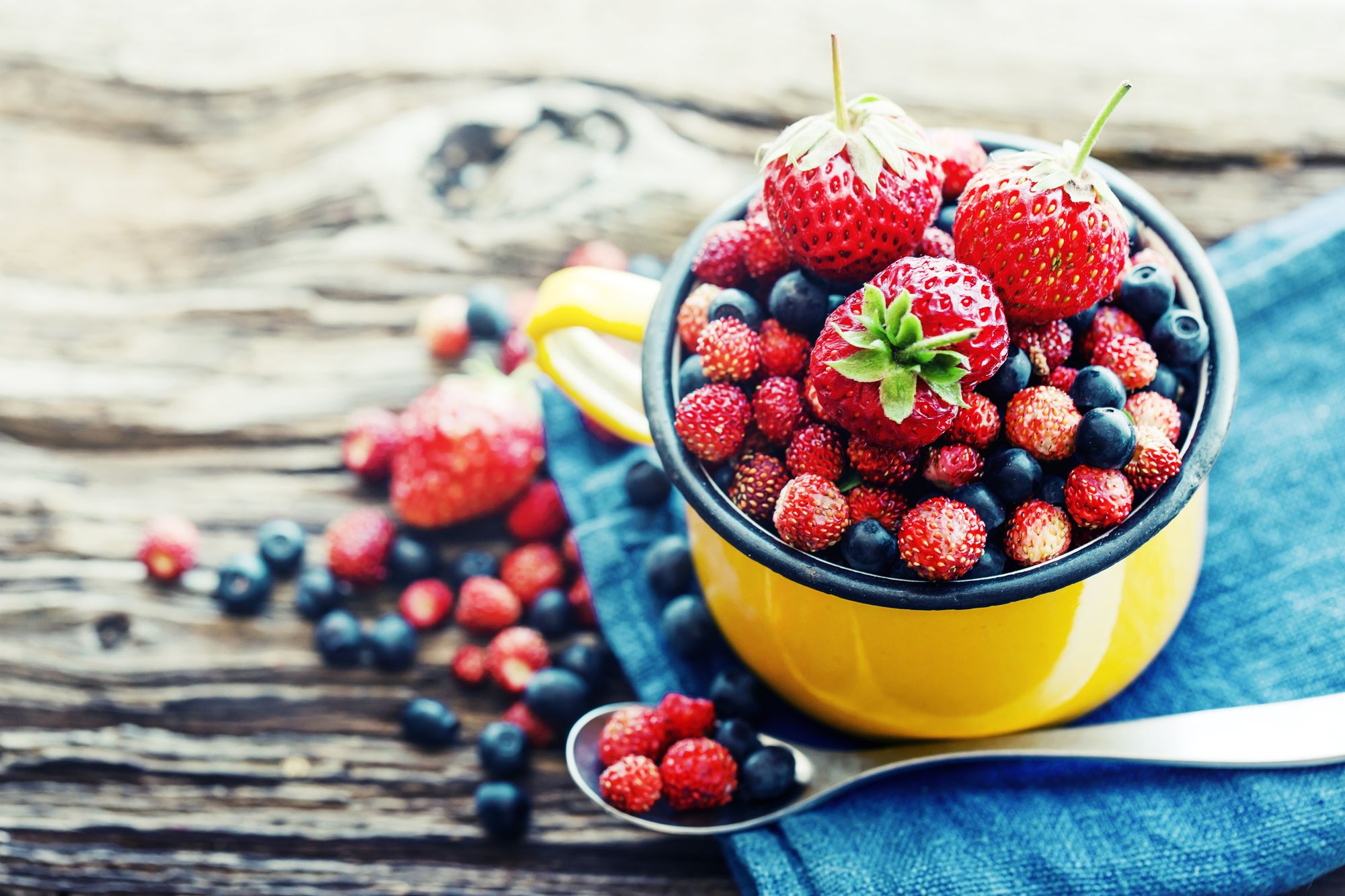
There are several delicious berry options to satisfy your taste buds and meet your nutritional needs. Whether you prefer strawberries, blueberries, raspberries, or blackberries, these common varieties offer a year-round availability, either fresh or frozen. Berries are rich in fiber and antioxidants, making them a versatile addition to your diet.
With their low-calorie content, berries easily fit into various energy requirements. As superfoods, they contain antioxidants like anthocyanins and resveratrol, which have been linked to reducing inflammation-related disorders, heart diseases, and certain cancers. Enjoy berries with your morning cereal, blend them into a refreshing smoothie, or savor them as a healthy snack with cheese or nuts.
2) Pomegranate
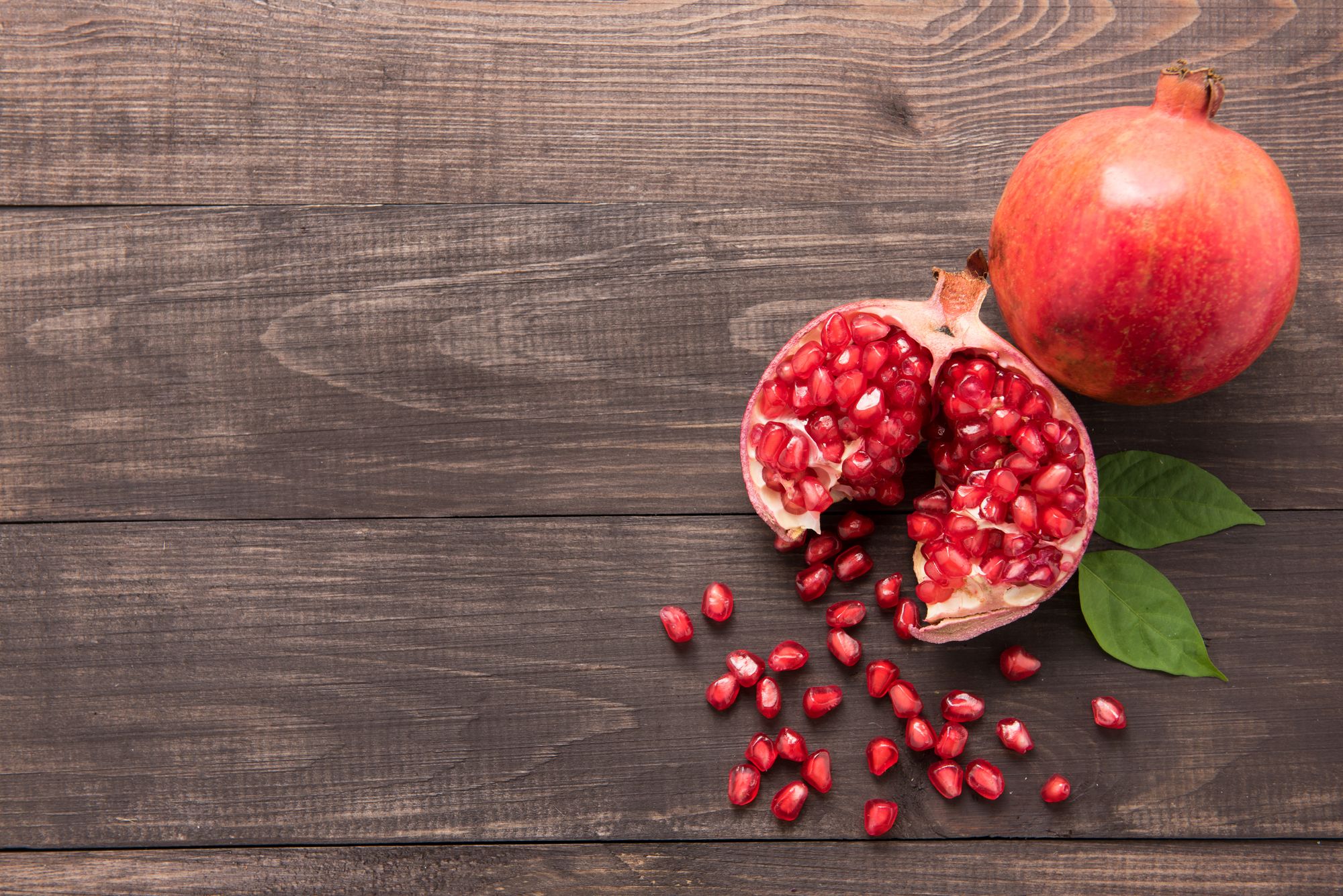
Pomegranate, another fruit packed with antioxidants, is known for its unique arils and bold sweet-tart flavor. Like berries, pomegranate contains a variety of antioxidant compounds that offer numerous health benefits. Studies suggest that pomegranate may help lower blood pressure and cholesterol, and researchers have explored its potential role in treating cancer, diabetes, and heart disease.
While fresh pomegranate is commonly available during winter, it may be harder to find during summer and spring. Thankfully, pomegranate juice and packaged arils are available year-round and provide the same antioxidants as the fresh fruit. Add pomegranate juice to your favorite smoothie recipe or enjoy a small glass as part of your morning routine. Consider sprinkling the arils on your salads, parfaits, or oatmeal for an antioxidant boost.
3) Oatmeal
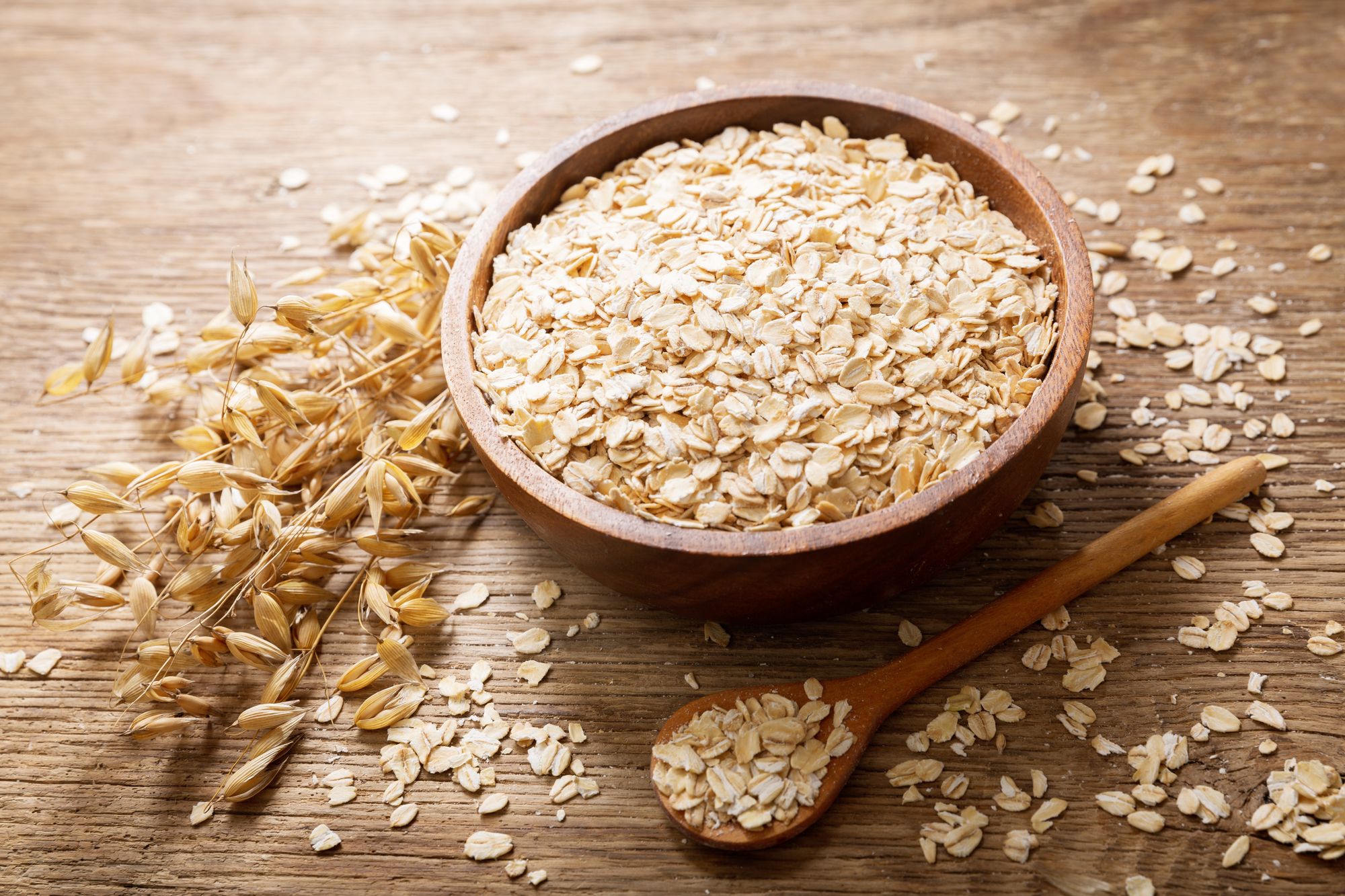
Oatmeal, a breakfast staple, also deserves recognition as a superfood. Not only can it be enjoyed in various forms—hot or cold, in baked goods, or blended into smoothies—it is renowned for its high fiber content. Oatmeal contains both soluble and insoluble fiber, which contribute to its superfood status.
Soluble fiber in oatmeal can help reduce blood cholesterol levels and enhance satiety, while insoluble fiber promotes digestive health and regularity. To increase your daily fiber intake, swap your regular cereal for oatmeal, incorporate oat flour into your baking, and pair oatmeal with other superfoods for added benefits throughout the day.
4) Avocado
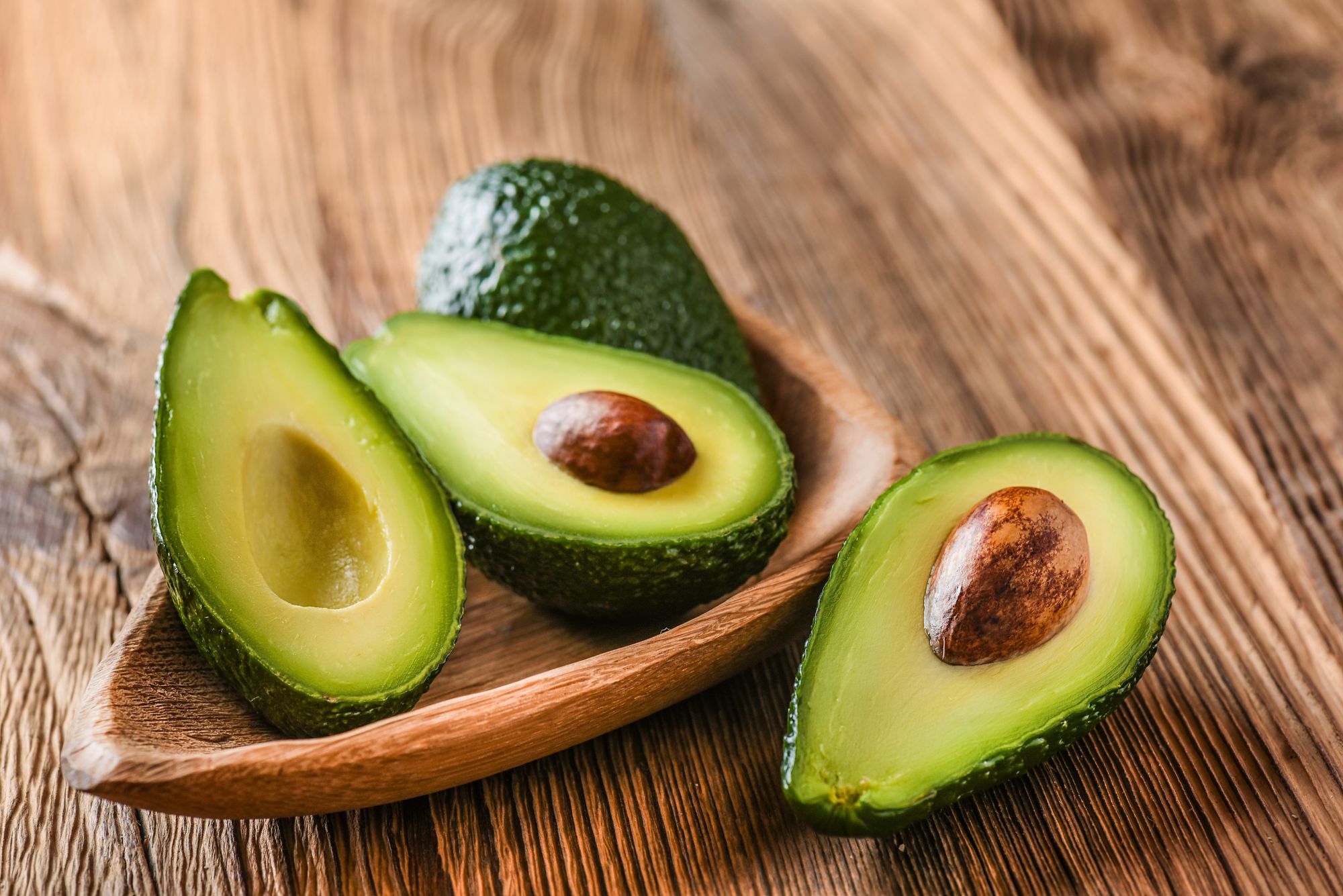
Avocado, a versatile and nutrient-dense food, has gained immense popularity in recent years. Rich in potassium, folate, vitamin K, vitamin E, and providing around 13 grams of fiber per 200 grams, avocados offer a remarkable range of essential nutrients.
The impressive nutrient profile of avocados contributes to gut health, improved blood cholesterol levels, and potential assistance in lowering body fat. Mash avocado and spread it on toast, dice it to enhance your salads or grain bowls, or blend it into a smoothie for a convenient and nutritious treat.
5) Eggs
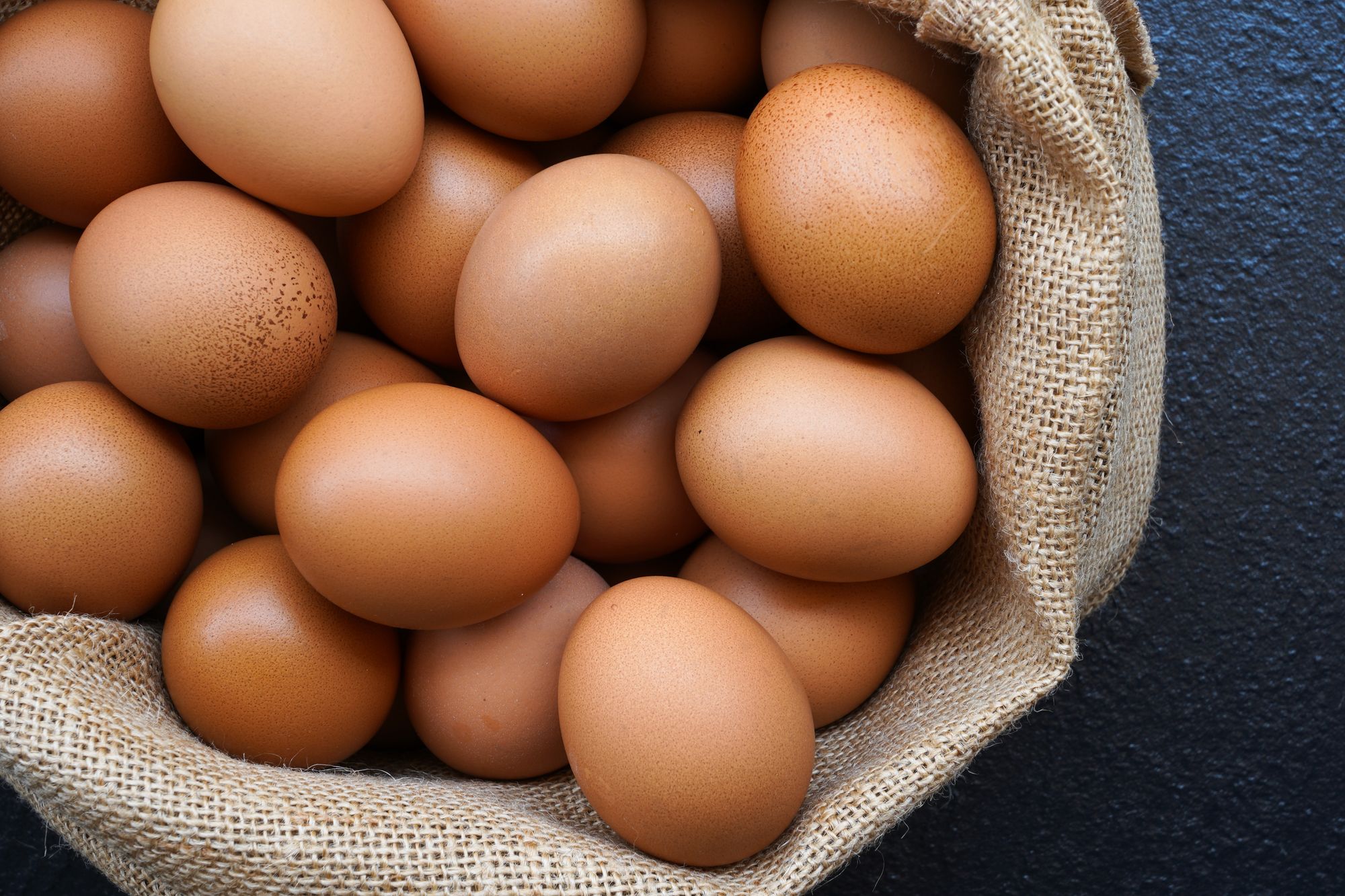
Eggs, available in various preparations like scrambled, boiled, or fried, possess multiple qualities that make them a superfood. As a source of complete protein containing all essential amino acids, eggs offer a wide range of nutritional benefits.
Eggs also contain lutein, an antioxidant that promotes eye health. Choline, another important nutrient found in eggs, is essential for the production of fats that support cell membranes and is involved in regulating heart rate and other bodily functions. Enjoy eggs throughout the day—breakfast, lunch, dinner, or as a satisfying snack—for a protein boost and a dose of vital nutrients.
6) Spinach
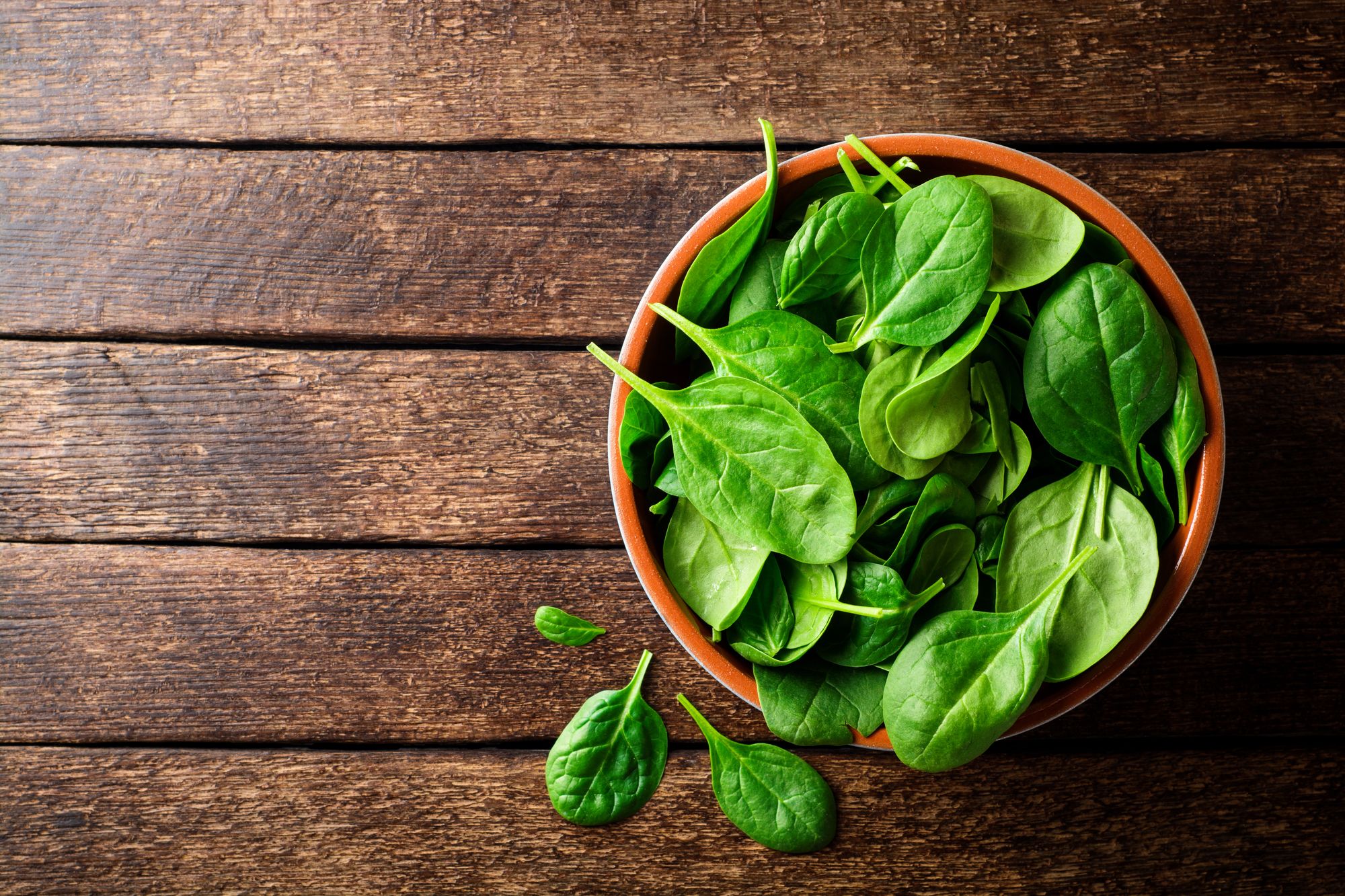
Dark leafy greens like spinach offer an abundance of nutrients with minimal calories, allowing for generous servings without worrying about your calorie intake. Spinach contains fiber, vitamins A and C, and serves as a plant-based source of iron and calcium.
In addition to its nutrient density, spinach contains various antioxidants, some of which have anti-cancer effects while supporting eye health. The presence of nitrates in spinach can improve blood pressure and reduce the risk of heart disease. Enjoy spinach raw in salads or smoothies, or incorporate it into your favorite soups or omelets for an easy and nutritious addition.
7) Olive Oil
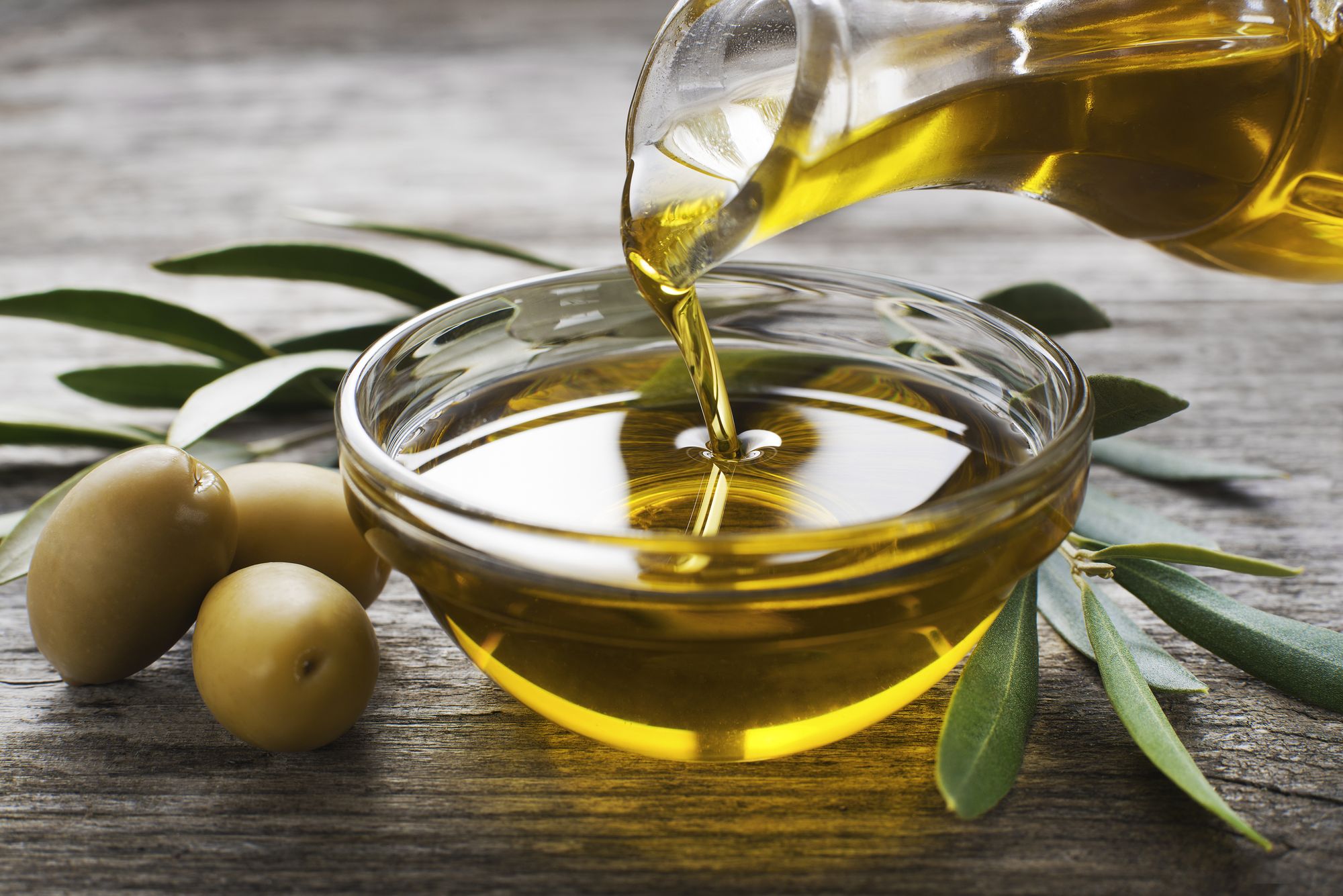
Although olive oil contains no protein or carbohydrates, it is an excellent source of healthy unsaturated fats. The monounsaturated fats in olive oil have anti-inflammatory properties and have been linked to positive effects on genes associated with cancer.
Olive oil also contains phenolic compounds, which possess powerful antioxidant properties and beneficial effects on arterial health, cancer prevention, and anti-inflammatory and antimicrobial properties. Use olive oil as a dressing for salads, sauté vegetables with it, substitute other oils with it in baking, or drizzle it over grains to enhance both flavor and nutrient density.
8) Chia Seeds
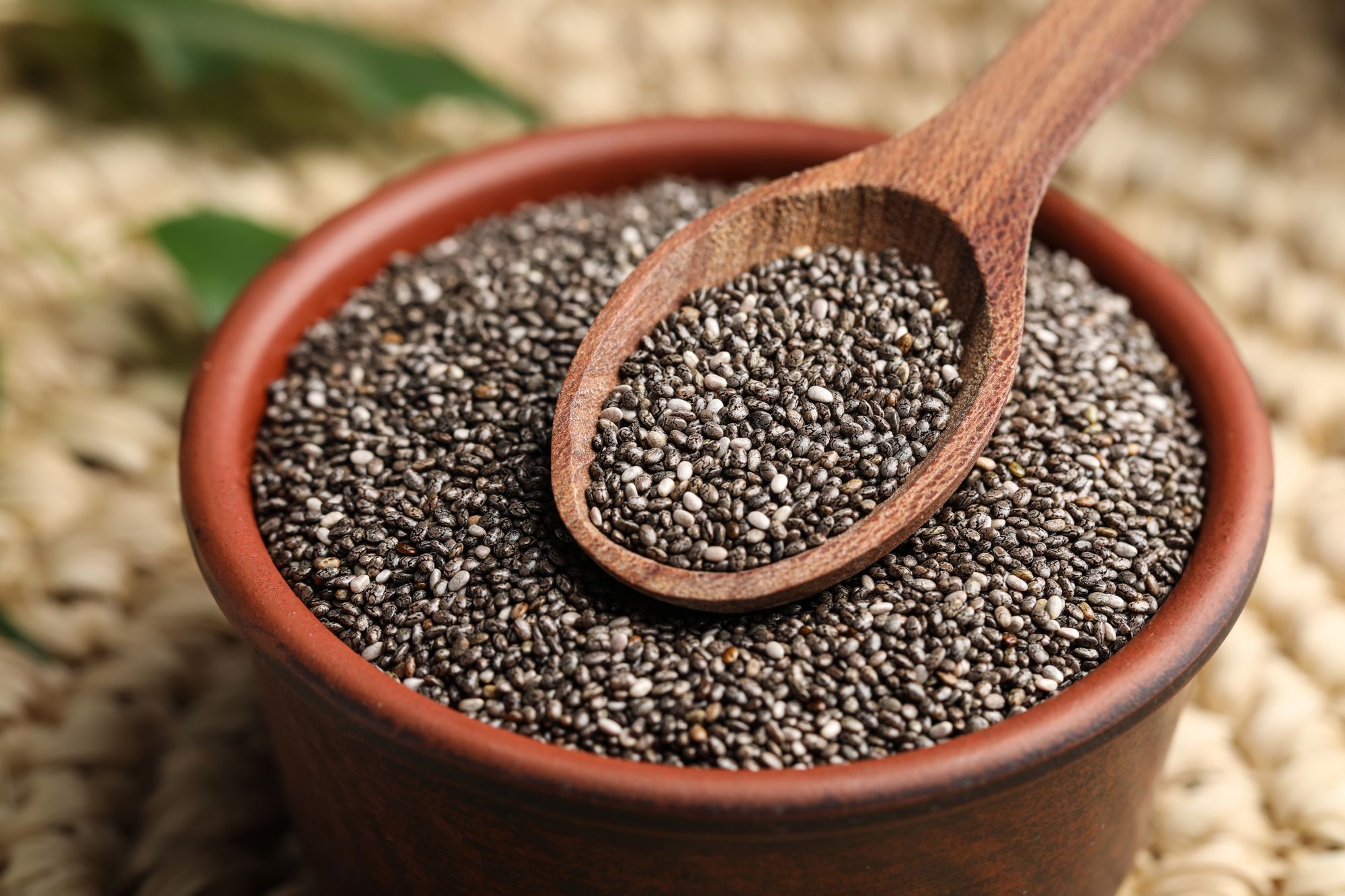
Seeds, known for their nutrient density, have gained popularity, and chia seeds are no exception. Chia seeds are packed with protein, fiber, and omega-3 fats. These unsaturated fats exhibit anti-inflammatory properties, may benefit mental health, and can potentially slow down age-related cognitive decline. Chia seeds can be sprinkled on oatmeal and fruit, added to smoothies with berries and leafy greens, or used as the main ingredient in overnight chia pudding.
9) Nut Butter
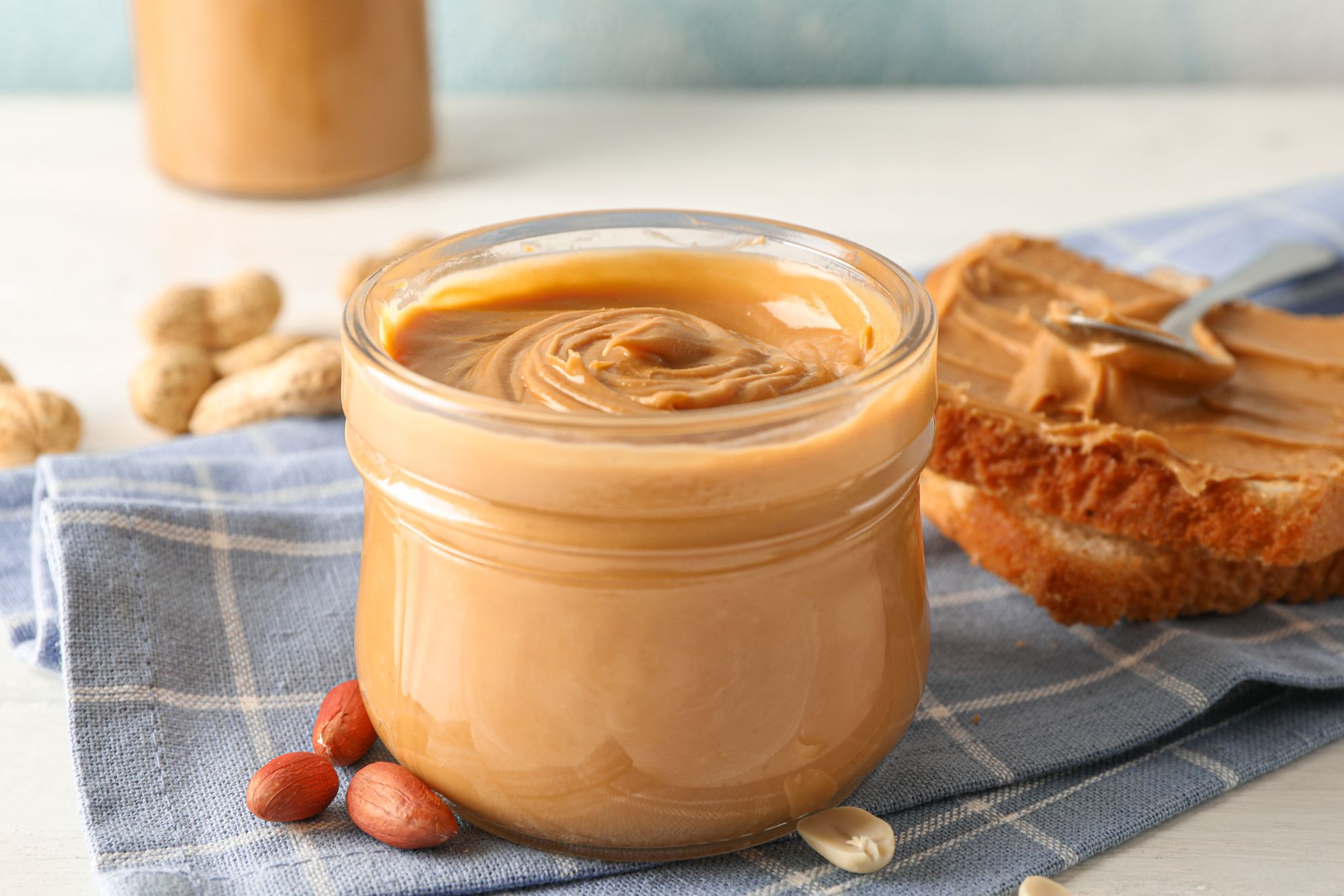
Nuts, a beloved food for many, also qualify as superfoods. Nut butter, derived from nuts, enhances the versatility of this nutritious food. Nut butter is packed with protein, fiber, unsaturated fats, and a wide variety of nutrients, offering numerous health benefits. Nuts contribute to brain health, cognition, and may lower the risk of cardiovascular disease. Enjoy nut butter on whole grain toast as part of a meal, spread it on an apple for a balanced snack, or mix it into your oatmeal to boost both fat and protein content.
10) Salmon
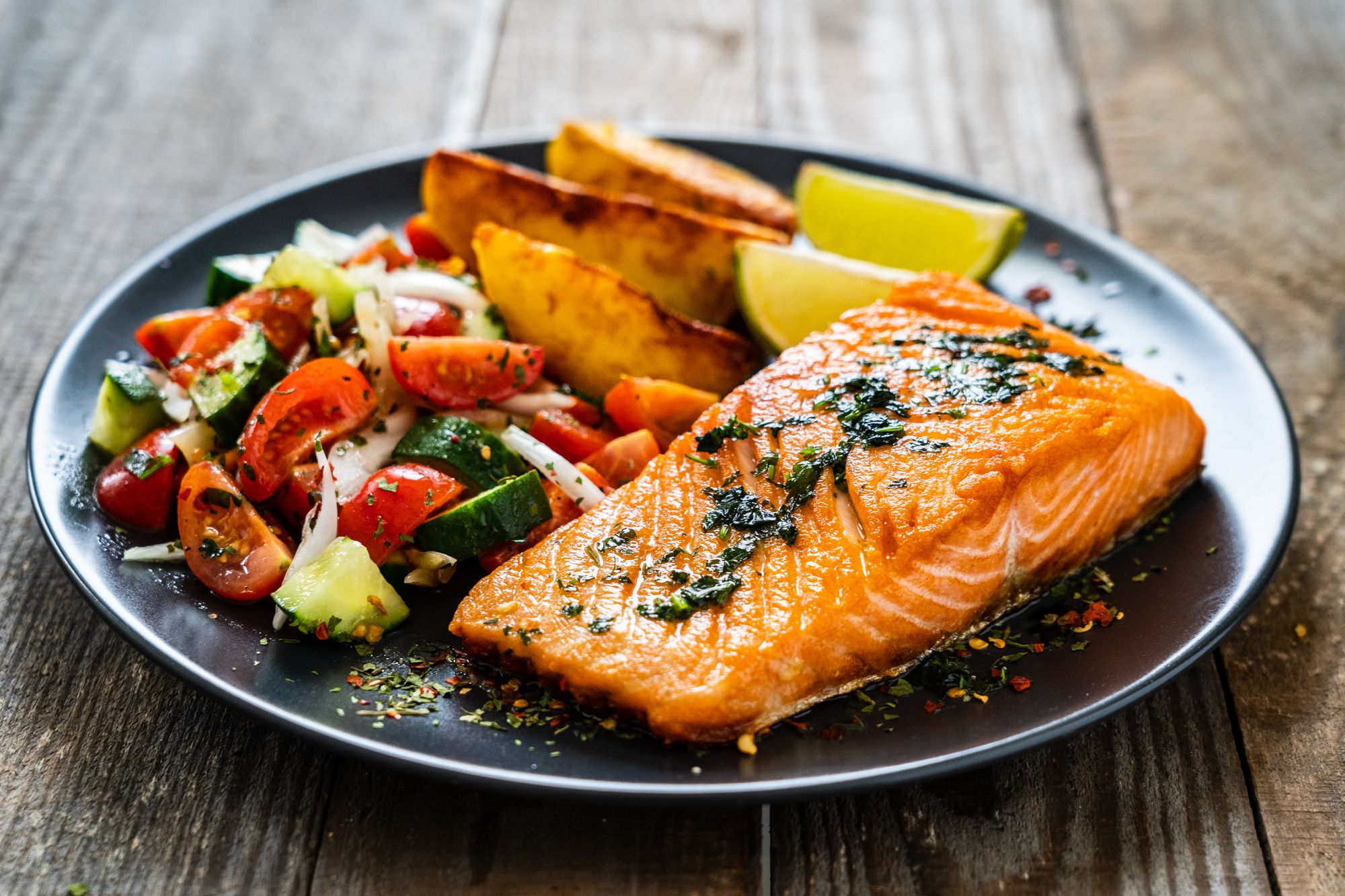
Salmon, known for its health benefits and high protein content, is a notable source of omega-3 fats. The omega-3 fats, EPA and DHA, found in salmon can reduce the risk of cancer and promote the health of arterial lining cells. Salmon also provides complete protein and is rich in selenium, another antioxidant. To conveniently incorporate more salmon into your diet, opt for smoked salmon as a topping for salads, sandwiches, or alongside your morning eggs. Canned salmon can also be used, mixed with olive oil mayo, for a twist on tuna salad.

